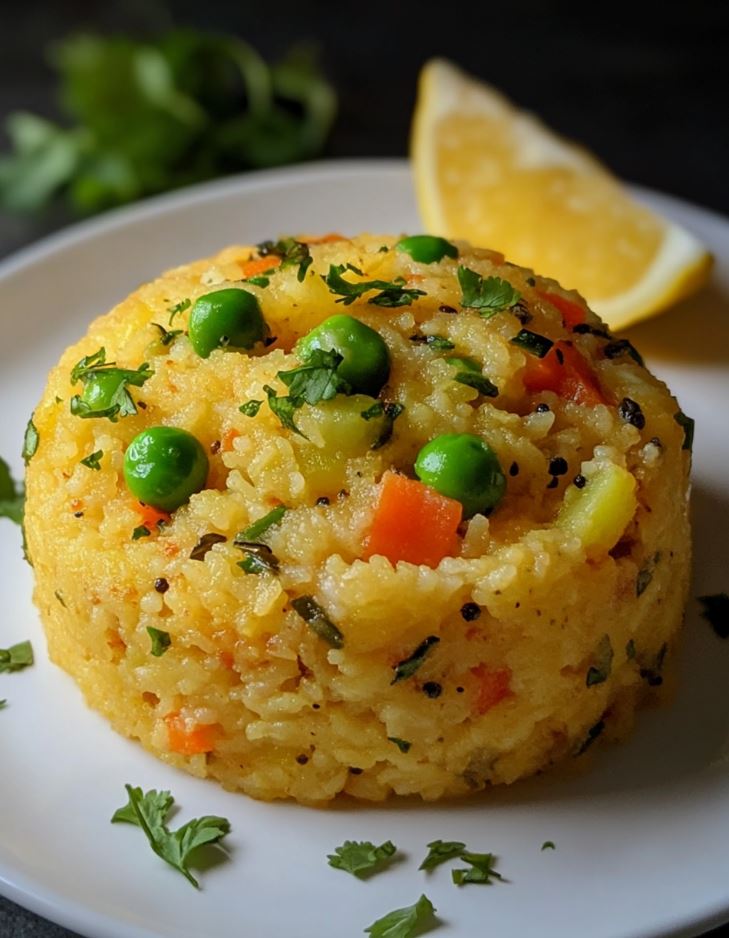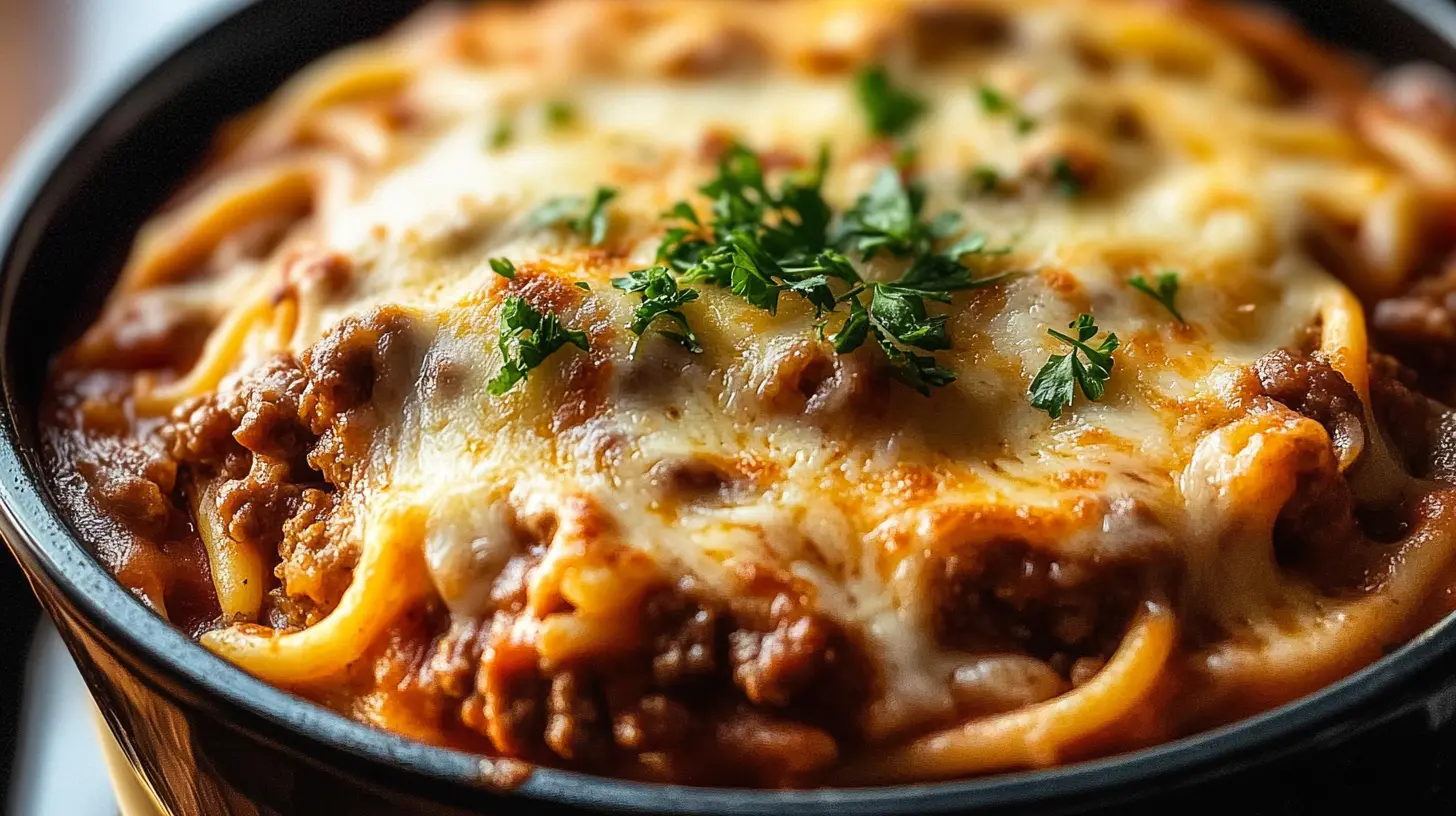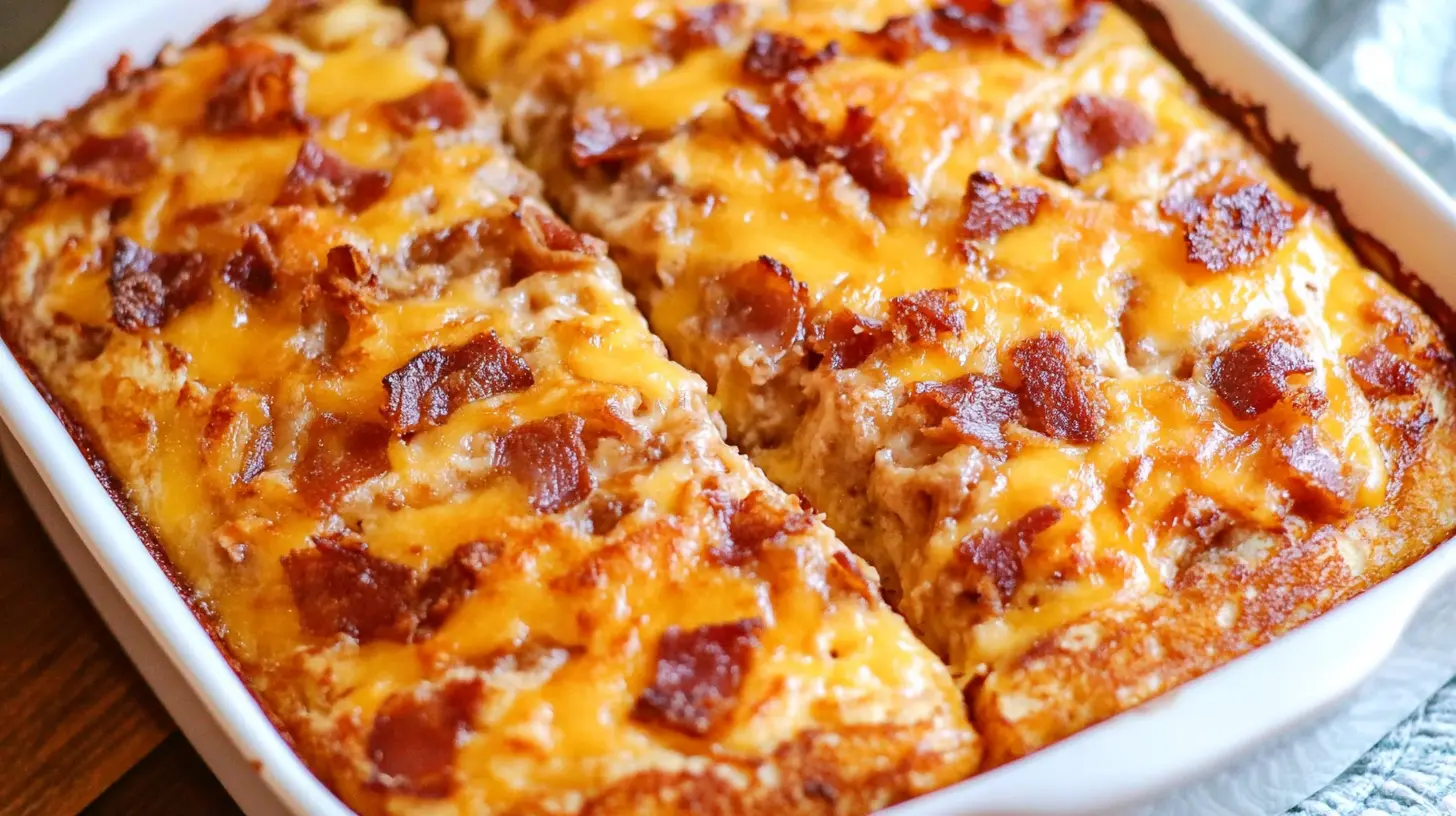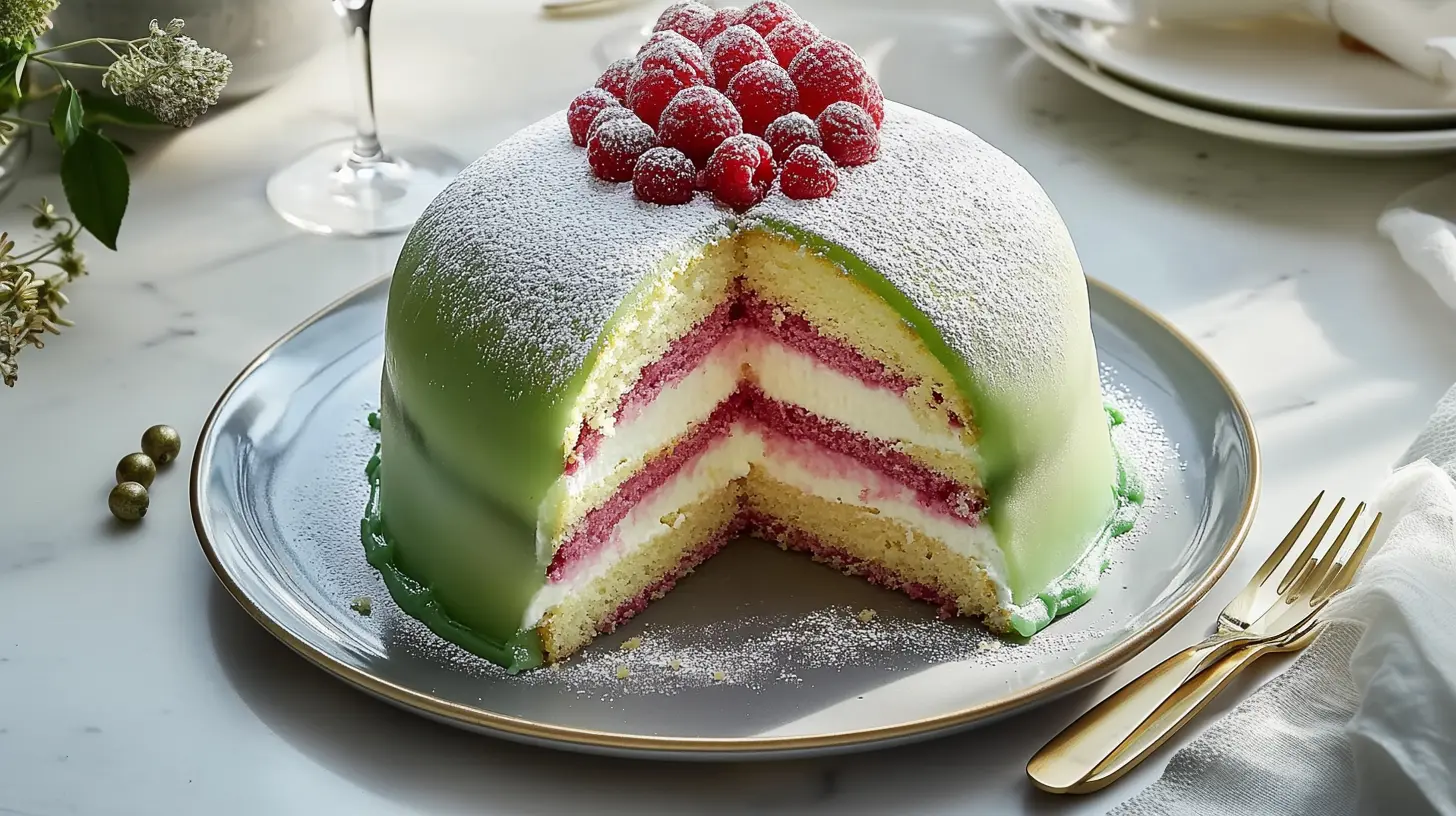Indian Breakfast Dishes Recipe: A Flavorful Start to Your Day
Introduction to Indian Breakfast Dishes Recipe
Are you looking for a delicious and nutritious way to start your day? This collection of Indian breakfast dishes recipes offers a variety of options that are both flavorful and healthy. From the savory goodness of poha to the rich flavors of masala omelette, these dishes cater to every palate and dietary need. Indian breakfast dishes are known for their vibrant flavors, diverse ingredients, and health benefits, making them a great choice for those seeking variety in their morning meals. Whether you are a busy professional, a diet-conscious individual, or someone who simply loves exploring new cuisines, these recipes are perfect for you.
Indian breakfasts typically include a mix of whole grains, fresh vegetables, and aromatic spices that not only provide essential nutrients but also satisfy your taste buds. Moreover, many of these dishes are naturally gluten-free, vegan, or low-calorie, making them suitable for various dietary preferences. For instance, if you’re interested in more healthy meal ideas, you might also enjoy our Alkaline Diet Recipes that focus on balance and wellness.
Benefits and Advantages of Indian Breakfast Dishes Recipe
Rich in Nutrients and Flavor
Indian breakfast dishes are packed with essential nutrients. Many recipes, such as idli and dosa, use fermented grains, which are excellent for digestion and gut health. Others, like upma or sabudana khichdi, are made with nutrient-dense ingredients such as semolina, sago, and vegetables. Additionally, these dishes often include spices like turmeric, cumin, and coriander, which offer anti-inflammatory and antioxidant properties. Therefore, incorporating Indian breakfast recipes into your morning routine can provide a wholesome start to your day.
Easy to Prepare and Versatile
One of the standout features of these Indian breakfast dishes is their simplicity. Whether you’re a seasoned cook or a beginner, many recipes require minimal ingredients and can be prepared quickly. For example, dishes like poha or masala omelette can be made in under 15 minutes, making them perfect for busy mornings. Furthermore, these recipes are versatile; you can easily customize them with your favorite vegetables, spices, and proteins, ensuring a dish that suits your taste.
Cater to Various Dietary Needs
Indian breakfast recipes can be adapted to cater to different dietary needs. For instance, if you are following a gluten-free diet, dishes like besan chilla (chickpea flour pancakes) and idli (steamed rice cakes) are excellent options. Similarly, vegan options abound, from daliya (broken wheat porridge) to avial (mixed vegetable curry). Moreover, many recipes are naturally low in calories, making them ideal for those looking to manage their weight while enjoying a hearty breakfast.
Ingredients Overview
Essential Ingredients for Indian Breakfast Dishes Recipe
To create a variety of delicious Indian breakfast dishes, you will need the following essential ingredients:
- Rice and Lentils: Used for making idli, dosa, and uttapam.
- Semolina (Rava): Essential for upma and rava idli.
- Chickpea Flour (Besan): Key ingredient for besan chilla.
- Vegetables: Tomatoes, onions, bell peppers, spinach, and potatoes for various dishes.
- Spices: Turmeric, cumin, mustard seeds, coriander, and curry leaves add flavor and health benefits.
- Herbs: Fresh cilantro and mint enhance the flavor and aroma of the dishes.
- Ghee or Oil: Used for tempering and cooking. Coconut oil or ghee is often preferred for its flavor and health benefits.
Dietary Substitutions to Customize Your Indian Breakfast Dishes
These Indian breakfast dishes can be easily customized to suit various dietary needs:
- Vegan: Substitute dairy products with coconut milk or almond milk. Use oil instead of ghee.
- Gluten-Free: Opt for gluten-free grains like rice or millet. Avoid dishes made with wheat-based products.
- Low-Calorie: Focus on steamed or boiled options like idli or poha and avoid fried foods. Increase the proportion of vegetables to grains.
- High-Protein: Incorporate ingredients like chickpea flour, paneer (Indian cottage cheese), or tofu for a protein boost.
How to Prepare the Perfect Indian Breakfast Dishes: Step-by-Step Guide
Vegetable Upma (Indian Savory Breakfast)
Vegetable Upma is a savory semolina porridge that is light, flavorful, and easy to prepare. It’s perfect for a healthy breakfast and can be customized with your choice of vegetables and spices.
Ingredients:
- 1 cup Semolina (Rava)
- 2 tablespoons Ghee or Oil
- 1 teaspoon Mustard Seeds
- 1 teaspoon Cumin Seeds
- 1/2 cup Onions, finely chopped
- 1/2 cup Mixed Vegetables (carrots, peas, beans), chopped
- 2 Green Chilies, slit
- 1 teaspoon Ginger, grated
- 8-10 Curry Leaves
- 2 cups Water
- Salt, to taste
- Fresh Coriander, for garnish
- Lemon Juice, to taste
Instructions:
- Roast the Semolina: Heat a pan on medium flame. Add 1 cup of semolina and dry roast it until it turns light golden and aromatic. Set aside.
- Prepare the Tempering: In the same pan, heat 2 tablespoons of ghee or oil. Add mustard seeds and cumin seeds. When they start to splutter, add the curry leaves, slit green chilies, and grated ginger. Sauté for a minute.
- Add Onions and Vegetables: Add the chopped onions to the pan and sauté until they turn translucent. Next, add the mixed vegetables and cook until they are slightly tender.
- Add Water and Season: Pour in 2 cups of water and add salt to taste. Bring the water to a boil.
- Incorporate Semolina: Gradually add the roasted semolina to the boiling water, stirring continuously to avoid lumps. Reduce the heat and cook until the semolina absorbs all the water and becomes fluffy.
- Garnish and Serve: Turn off the heat and add a squeeze of lemon juice. Garnish with fresh coriander leaves. Serve hot with coconut chutney or yogurt on the side.
First Step: Preparing Poha (Flattened Rice)
- Rinse the Poha: Rinse 1 cup of flattened rice (poha) in cold water and drain well. Let it sit for 5 minutes to soften.
- Sauté the Spices: Heat 2 tablespoons of oil in a pan, add mustard seeds, cumin seeds, and curry leaves. Sauté until they start to splutter.
- Add Vegetables: Add chopped onions, green chilies, and potatoes. Sauté until the vegetables are tender.
- Mix in Poha: Add the softened poha to the pan, along with turmeric, salt, and a dash of sugar. Mix well and cook for 2-3 minutes.
- Garnish and Serve: Garnish with fresh cilantro and a squeeze of lemon juice. Serve hot.
Second Step: Making Masala Omelette
- Prepare the Batter: In a bowl, beat 2 eggs with salt, pepper, chopped onions, tomatoes, green chilies, and cilantro.
- Cook the Omelette: Heat a non-stick pan with a teaspoon of oil or ghee. Pour the egg mixture into the pan and cook until the edges start to lift.
- Flip and Finish: Flip the omelette and cook for another 1-2 minutes until fully cooked. Serve hot with toast or paratha.
Mastering Indian Breakfast Dishes Recipe: Advanced Tips and Variations
To perfect your Indian breakfast dishes, consider these advanced tips:
- Use Fresh Ingredients: Fresh herbs and spices make a significant difference in flavor and aroma.
- Experiment with Flavors: Add different spices like fennel, caraway, or even cinnamon for a unique twist.
- Make it Healthier: Substitute refined grains with whole grains like millet or quinoa for added nutrition.
- Try Different Cooking Methods: Steam, grill, or bake ingredients instead of frying to reduce fat content.
How to Store Indian Breakfast Dishes: Best Practices
To store your Indian breakfast dishes effectively:
- Refrigeration: Store leftovers in airtight containers in the refrigerator for up to 3 days. Reheat in a microwave or on the stove before serving.
- Freezing: Certain dishes like idli and dosa batter can be frozen for up to a month. Thaw in the refrigerator overnight before using.
- Reheating: Use a microwave, oven, or stovetop to reheat dishes like upma or masala omelette. Add a splash of water or ghee to retain moisture.
Nutritional Value of Indian Breakfast Dishes Recipe
Here’s a general nutritional breakdown for common Indian breakfast dishes:
- Calories: Ranges from 150-300 calories per serving, depending on the dish.
- Protein: Provides 5-10 grams of protein, especially in dishes with lentils or eggs.
- Carbohydrates: Contains 20-40 grams of carbs, mainly from rice, semolina, or lentils.
- Fat: Offers 5-10 grams of fat, primarily from oil or ghee.
- Fiber: Includes 2-5 grams of fiber, depending on the vegetables and whole grains used.
FAQs: Frequently Asked Questions About Indian Breakfast Dishes Recipe
What are Some Popular Indian Breakfast Dishes?
Popular Indian breakfast dishes include idli, dosa, poha, upma, paratha, and masala omelette. Each dish offers unique flavors and nutritional benefits.
Can I Make Indian Breakfast Dishes Ahead of Time?
Yes, many Indian breakfast dishes can be prepared ahead of time. Dishes like dosa batter and idli batter can be stored in the refrigerator for several days.
Are Indian Breakfast Dishes Gluten-Free?
Several Indian breakfast dishes are naturally gluten-free, including idli, dosa, and poha. However, some recipes that use wheat-based products like paratha or upma should be avoided if you are on a gluten-free diet.
How Can I Make Indian Breakfast Healthier?
To make Indian breakfast healthier, use whole grains, increase the proportion of vegetables, and opt for steaming or baking instead of frying. You can also reduce the amount of oil or ghee used in cooking.
Can These Recipes Be Made Vegan?
Yes, many Indian breakfast dishes are naturally vegan or can be easily adapted by substituting dairy products with plant-based alternatives.
Which Indian Food is Best for Breakfast?
Indian cuisine offers a variety of delicious breakfast options, but the best choice often depends on your dietary preferences and nutritional needs. For a balanced meal, dishes like Idli (steamed rice cakes) and Dosa (fermented rice and lentil crepes) are popular because they are light, nutritious, and easy to digest. Alternatively, if you prefer something filling, you might enjoy Paratha (stuffed flatbread) with yogurt or pickles, which provides a good balance of carbohydrates, proteins, and healthy fats. Additionally, Upma (savory semolina porridge) and Poha (flattened rice) are quick to prepare and rich in fiber, making them ideal for a busy morning.
What are 10 Good Breakfast Foods?
Here are ten good breakfast foods that are both nutritious and delicious:
- Oatmeal: Rich in fiber, helps in reducing cholesterol levels.
- Greek Yogurt: High in protein, keeps you full longer.
- Eggs: Versatile and packed with protein and essential nutrients.
- Whole-Grain Toast with Avocado: Provides healthy fats and fiber.
- Smoothies: Easy to make and can be packed with fruits, vegetables, and protein.
- Upma: An Indian savory dish made from semolina, rich in carbohydrates and fiber.
- Idli: Steamed rice cakes, great for a low-calorie, filling meal.
- Chia Seed Pudding: High in fiber and omega-3 fatty acids.
- Dosa: Fermented crepes, excellent source of protein and probiotics.
- Vegetable Poha: Light, nutritious, and quick to prepare, made from flattened rice.
What are 3 Traditional Breakfast Dishes?
Three traditional Indian breakfast dishes that are loved across the country include:
- Idli and Sambar: Steamed rice cakes served with a lentil-based vegetable stew. This combination is not only nutritious but also light and easy on the stomach.
- Idli: To provide readers with more background on this popular Indian breakfast, link to the Wikipedia page for Idli: Idli on Wikipedia
- Aloo Paratha: Stuffed flatbread with spiced mashed potatoes, served with yogurt and pickles. It’s a hearty breakfast that provides energy for the day.
- Masala Omelette: A spiced Indian-style omelette made with onions, tomatoes, chilies, and various spices. It’s high in protein and can be paired with whole-grain toast or paratha.
What is a Desi Breakfast?
A “Desi breakfast” refers to a traditional Indian breakfast that typically includes dishes like Aloo Paratha (potato-stuffed flatbread), Puri Bhaji (deep-fried bread with spiced potato curry), and Upma (savory semolina porridge). In addition, a desi breakfast often includes Chai (Indian tea) or a glass of lassi (yogurt-based drink) to complement the meal. Moreover, it emphasizes using locally available ingredients and spices that provide a balanced combination of carbohydrates, proteins, and fats.
5-Minute Breakfast Recipes Indian
For those busy mornings when you need a quick and nutritious meal, here are some 5-minute Indian breakfast recipes:
- Banana and Honey Toast: Simply spread honey over whole-grain toast and top with banana slices.
- Instant Oats with Fruits: Mix instant oats with hot water or milk and add fresh fruits like apples or berries.
- Masala Egg Toast: Beat an egg with spices and pour it over bread on a hot pan. Cook for a couple of minutes on each side.
- Vegetable Poha: Quickly sauté pre-cut vegetables with flattened rice, turmeric, and spices for a quick, filling meal.
- Curd with Fruits and Nuts: Combine fresh curd (yogurt) with seasonal fruits and a handful of nuts for a protein-packed start.
Indian Breakfast Dishes Recipes Vegetarian
Vegetarian breakfast options in Indian cuisine are both plentiful and delicious. Some popular vegetarian recipes include:
- Aloo Poha: Flattened rice with potatoes and spices.
- Rava Upma: A savory semolina dish with vegetables and spices.
- Besan Chilla: Chickpea flour pancake mixed with vegetables and spices.
- Vegetable Sandwich: Grilled sandwich with a filling of mixed vegetables and cheese.
- Sabudana Khichdi: Tapioca pearls cooked with peanuts and potatoes, especially popular during fasting days.
Indian Breakfast Ideas Vegetarian
If you’re looking for vegetarian Indian breakfast ideas, here are some options that are both healthy and easy to prepare:
- Masala Dosa with Coconut Chutney: Fermented rice and lentil crepes filled with spiced mashed potatoes, served with coconut chutney.
- Paneer Bhurji: Scrambled paneer (Indian cottage cheese) with onions, tomatoes, and spices.
- Methi Thepla: Spiced flatbread made with fenugreek leaves, ideal for a light, nutritious breakfast.
- Aloo Poha: Flattened rice cooked with turmeric, mustard seeds, onions, and potatoes.
- Moong Dal Cheela: Lentil pancakes made with yellow moong dal and spices.
Is Indian Breakfast Healthy?
Yes, Indian breakfast can be very healthy. Many traditional dishes include ingredients like lentils, vegetables, and whole grains, which provide a balanced intake of carbohydrates, proteins, and fats. Furthermore, the use of spices like turmeric, cumin, and coriander adds not only flavor but also anti-inflammatory and antioxidant properties.
Can Indian Breakfast Be Made Ahead of Time?
Absolutely! Dishes like idli batter or dosa batter can be prepared in advance and stored in the refrigerator. Similarly, items like parathas can be pre-cooked and frozen, then reheated when needed.
What Are Some Quick Indian Breakfast Options?
For a quick breakfast, you can make upma, poha, or even a simple masala omelette. These dishes require minimal preparation and cooking time, making them ideal for busy mornings.
How Can I Make My Indian Breakfast More Nutritious?
To make your Indian breakfast more nutritious, focus on incorporating a variety of vegetables, whole grains, and lean proteins. For example, adding spinach to your omelette or using quinoa instead of rice in your upma can boost the nutritional content.
Can Indian Breakfast Be Gluten-Free?
Yes, many Indian breakfast dishes are naturally gluten-free, such as idli, dosa, poha, and besan chilla. If you are gluten-sensitive, avoid recipes that contain wheat-based ingredients.
Conclusion
Incorporating these Indian breakfast dishes recipes into your daily routine is a fantastic way to enjoy a variety of flavors while also boosting your nutritional intake. Whether you prefer savory or sweet, spicy or mild, there’s an Indian breakfast dish to suit every palate. Ultimately, these recipes provide a wholesome, satisfying start to your day. So, why not try one today and experience the delicious benefits of a nutritious Indian breakfast?

Posted by: Hailee | November 11, 2024
I’m passionate about sharing sweet and savory recipes that I’ve meticulously tested and perfected in my own kitchen. Join me on this delicious journey to experience the best of culinary creativity.




